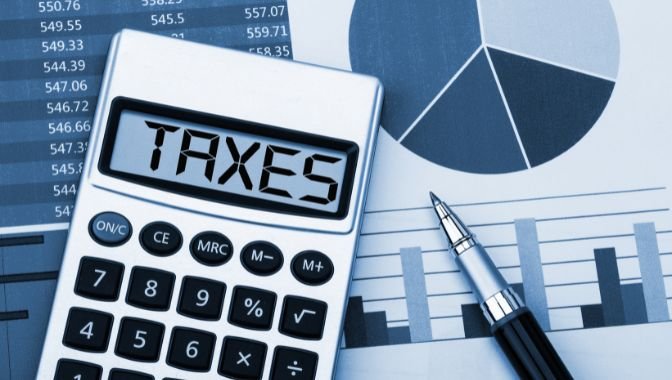Pakistan’s government has assured the International Monetary Fund (IMF) that it will introduce Rs. 200 billion worth of additional tax measures in January 2026 if the Federal Board of Revenue (FBR) fails to meet its mid-year revenue targets or if expenses exceed the agreed limits. According to The Express Tribune, the contingency measures aim to keep Pakistan’s $7 billion IMF bailout programme on track and may lead to tax increase on mobile calls, solar panels, and cash withdrawals.
Key Proposed Tax Measures
- Higher taxes on calls: The government is considering increasing income tax on landline phones from 10% to 12.5% and mobile calls from 15% to 17.5%, which could generate nearly Rs. 44 billion annually.
- Increased withholding tax on cash withdrawals: The tax on cash withdrawals for non-filers may double from 0.8% to 1.5%, adding around Rs. 30 billion in revenue each year.
- Sales tax hike on solar panels: The sales tax on solar panels could rise from 10% to 18%, impacting affordability for consumers and installers alike.
- Excise duty on confectioneries and biscuits: A 16% Federal Excise Duty (FED) is also being considered for confectionery items and biscuits, potentially adding Rs. 70 billion annually to government coffers.
In addition, the government is evaluating whether to raise the general sales tax rate to 19%. A move that could generate another Rs. 225 billion annually. However, this step is expected to be taken only if targeted measures fail to deliver enough revenue.
The FBR is facing a shortfall of Rs. 198 billion in the first quarter of the fiscal year. As of October 29, total tax collection stood at Rs. 3.65 trillion, with just 48 hours left to meet its four-month goal.
Officials say these new measures are part of a “contingency fiscal plan” that will only be activated if shortfalls continue through December.
Also Read Australian Cricketer Ben Austin Dies After Being Hit by Ball During Training
Impact on Public and Economy
Critics have voiced concerns that these additional tax increase will burden existing taxpayers. As Pakistan’s efforts to broaden the tax base have seen little progress. The new levies could also raise costs for consumers on essential services like mobile communication and renewable energy.
The IMF has reportedly refused to lower Pakistan’s annual primary budget surplus target of 1.6% of GDP (Rs. 2.1 trillion) but has agreed to review the target after updated flood loss assessments.
Meanwhile, the World Bank has revised Pakistan’s growth forecast to 3%, citing better-than-expected post-flood recovery.
If the government proceeds, it expects to recover half of the Rs. 200 billion in additional taxes between January and June 2026, pending IMF approval of the final fiscal framework.











